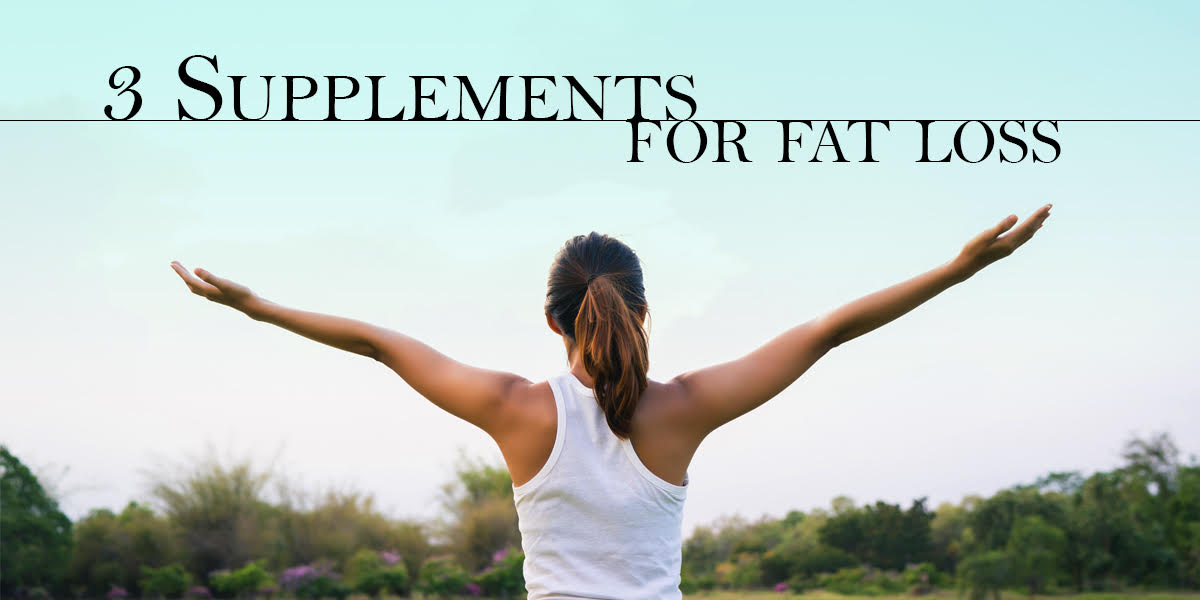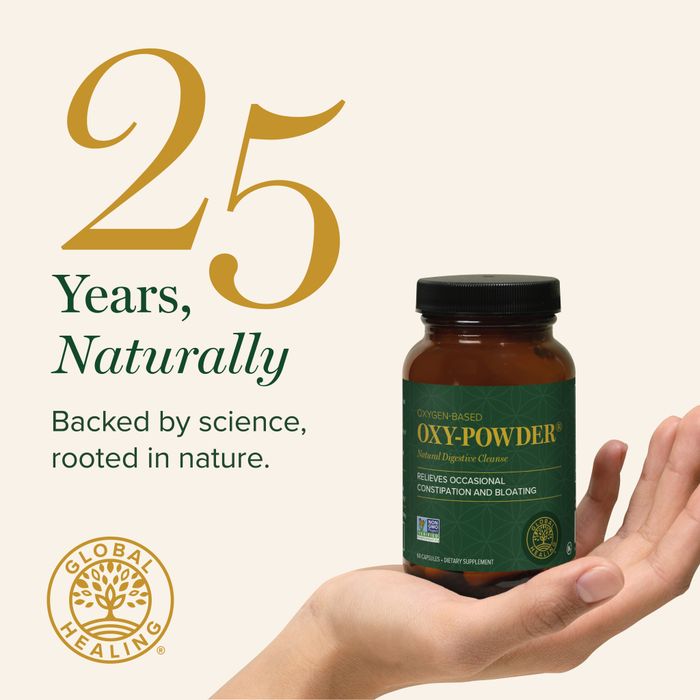
If you have ever looked for a quick way to lose weight, you’ve surely encountered the following.
- Restrictive diets
- Detoxes and cleanses
- Extreme workout plans
- Miracle foods
- Overhyped supplements
The list of fat loss hacks that over promise and under deliver is endless. But there are some supplements with a good track record that can “nudge” your body in the right direction when it comes to fat loss.
Now keep in mind that these supplements are not going to “blast the fat” off of your body — no supplement can. But if paired together with reducing your overall food intake and maintaining an active lifestyle, they can provide a little bit more fat loss than you would have got without them.
Here are our top 3 suggested supplements for fat loss (and 1 to avoid).
3 Supplements To Try
Protein
Of all the macronutrients — carbs, fats, and protein — the latter option has a competitive edge when it comes to fat loss.
- It is more filling than fat or carbs
- Your body burns more calories trying to digest and process it than fat or carbs
- It is inefficient for your body to convert protein into body fat, so it’s more likely that extra protein will be used for energy or converted to carbohydrate, which your body can store in your liver or muscles
You can increase your protein intake either through whole food sources or a high-quality supplement. To find your optimal daily protein intake, try this Protein Intake Calculator.
Fiber
Fiber not only helps support your gut health, but it can also help increase fat loss.
- Your body cannot absorb fiber, so the calories it contains are essentially “locked” away from your body
- By making you feel fuller, it can help you consume less food overall
Adults should be consuming at least 21 to 38 grams of fiber per day — yet many of us do not. If using a fiber supplement, aim for 5–15 grams per day. Try one of the following:
- Psyllium
- Glucomannan
- Beta-glucan
- Raw guar gum
Of these, psyllium is the most commonly available and tends to have fewer side effects than the others. If you are looking for a whole-foods option, chia seeds and oat brans are both solid contenders.
Caffeine
Caffeine is the world’s most popular stimulant and can be found in many common drinks (coffee, tea, colas, energy drinks, etc) but can also be taken as a standalone supplement. Caffeine can help with fat loss for two main reasons.
- It can help moderately suppress your appetite
- It provides a mild thermogenic effect, where your body temporarily increases heat production and burns off a few extra calories
If you are a generally healthy adult, you can safely consume up to 400 milligrams of caffeine per day. This equates to about:
- 1–2 energy drinks
- 2–3 cups of coffee
- 3–5 shots of espresso
- 6–8 cups of tea
Alternatively, you can take a caffeine supplement, typically sold in 200-milligram pills.
1 Supplement to Avoid
Raspberry Ketones
Raspberry ketones are a very overhyped supplement. Some evidence has suggested that, at extremely high doses, a mild fat-burning effect might be achieved. But to date, human studies are lacking and there are better, more proven options out there (like the ones we mentioned above).
For now, don’t waste your money on this supplement.
Bonus Supplement
Caffeine + Theanine
Theanine (or L-theanine) has a synergistic effect when taken together with caffeine. For those that might experience the “jitters” when consuming caffeine, theanine can help take the edge off while still providing you with caffeine’s fat-burning advantage.
Take a dose of theanine equal to the dose of caffeine you consume. If you have 200 milligrams of caffeine, take 200 milligrams of theanine.







